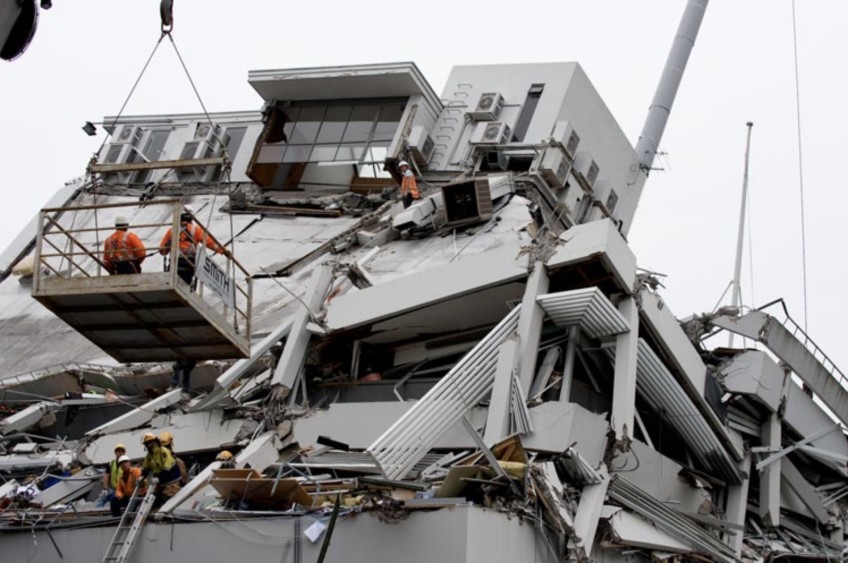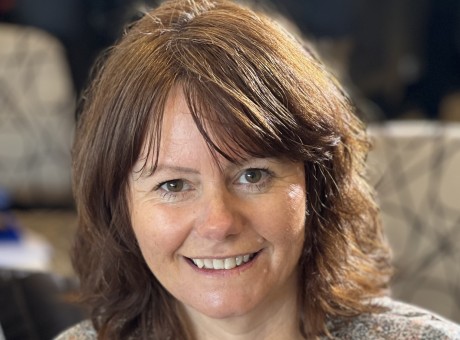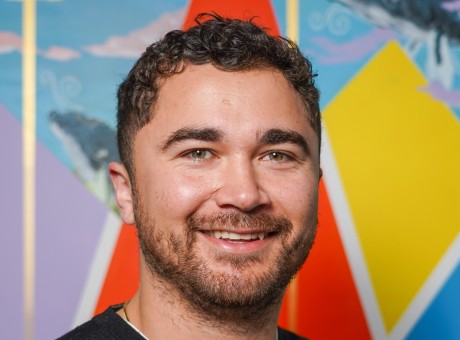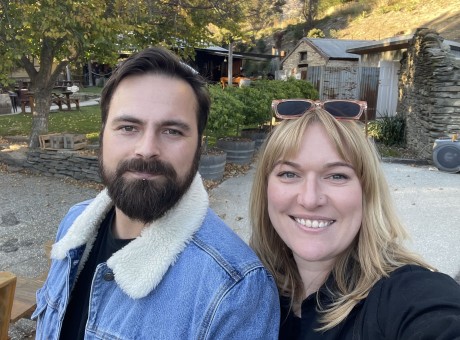Queenstown Lakes' Christchurch refugees learn the hard way to be prepared

After living through the 2011 Christchurch earthquakes, families who’ve relocated to Queenstown Lakes are prepared for the event of one hitting again.
Irenie Bowman-Watkins and her family relocated to Wānaka shortly after the earthquakes, and she says it’s something that’s “always in the back of my mind”.
She now has two large bins in her house stocked with “everything you’d need for all of us and our animals for three to four, or possibly, more days”.
The first Christchurch quake happened in the middle of the night in September 2010, and Ms Bowman-Watkins says they all thought that was the big one, so when the unexpected February quake hit, they “learnt the valuable lesson of being prepared”.
In the bins, there’s water, medicine, pet food, first aid, food – which they replenish to keep it fresh – sanitation, solar charging packs, headlamps for everyone and backup batteries.
She’s also got $300 worth of cash in $5 notes.
“The other one I have now is entertainment for kids, a pack of cards and colouring stuff, and a magazine, something to distract the kids from worrying.”
In their house, they don’t have anything hanging from the walls – from her experience, these items fall off the walls in a big earthquake.
“It was really tragic, but my friend’s partner’s baby died. The TV fell on this baby in Christchurch.”
They’ve learnt from their mistakes during the Christchurch earthquakes - when the first one hit, they didn’t have much cash or any water, but luckily their neighbour was prepared and was able to give them some water, and they also purchased bottled water – but for a high price.
“No one could access money and pay for anything, so we went to the local dairy and we only had a $20 note and they didn’t have any change, so we ended up paying $20 for a bottle of water.
“You just can’t drink the water because the sewers all burst everywhere and everything was completely contaminated.”
She thinks other Wānaka residents who haven’t experienced an earthquake firsthand aren’t as prepared as they could be.
“They don’t realise how bad it could potentially be. I just kept saying imagine there’s no water for three or four days, and [imagine] you’re camping, what would you take with you?
“I think they think I’m a bit paranoid, but we lived and we experienced it, and we did it all over again with the February one, and that was the one that was devastating.
“You need more food than what you think because everyone gets bored and hungry…and you just want to make a cup of tea.”
There’s also a household family action plan, plus they always keep in touch with their movements and where they’re going to be in general.
On top of this, they keep a spare gas bottle full, so they can rank up the barbeque if needed, and there are a tent and mattresses in their garage.
There’s also a lot of chocolate in the emergency bins, Ms Bowman-Watkins says.
Sleeping with a torch beside the bed
Gaurav Kumar and his family came to Queenstown in 2021, and are also pretty prepared for the event of AF8 – their five-year-old daughter knows drop, cover, and hold.
When asked how often he thinks about the Alpine Fault rupturing, he replied, “At the risk of sounding like a pessimist, unfortunately too often.”
The threat of earthquakes have factored into their decision-making for property purchases, and what they install and put in their home.
“Every decision to do with the house and living, all of that’s driven by the knowledge and experience of what we’ve gone through with the earthquakes.”
Mr Kumar goes to bed every night with a torch by his beside, but he knows not every Queenstown resident lives like this.
“Earthquakes are often an afterthought for people who haven’t been through them, but having lived through the thousands of earthquakes and aftershocks in Canterbury, earthquakes are a pretty serious consideration.”
He admits before the first Christchurch earthquake in September 2010, it was something he never thought of.
But 13 years on, he remembers it "as if it was yesterday".
It was the early hours of the morning and "it shook so violently it kind of made me feel like I was in a dream, or I wasn’t quite awake yet".
“The next thing I know, our whole flat was running down the stairs and that’s when the reality sets in pretty quickly that we’re witnessing an earthquake.
“When an earthquake happens, you don’t get a lot of time to run, and you’re advised not to run – it’s quite dangerous – the earthquake lasts a few seconds, and after that, all of your infrastructure starts to collapse pretty quickly. You lose power and you lose order.”
Mr Kumar knows a lot of people whose houses were destroyed and of people who lost their lives.
He recommends that people have an emergency supply of items in an accessible place, and to get to know their neighbours and have a support network in their local area.
“It’s critical to have that hyper-local community engagement - if there’s an event, check in on your neighbour to see if they need anything. Share your supplies - it’s okay for somebody to use your bathroom if your flush is working and someone else’s isn’t.”
“That social centre is quite important during an earthquake; it’s very easy for communities to get isolated.”


























